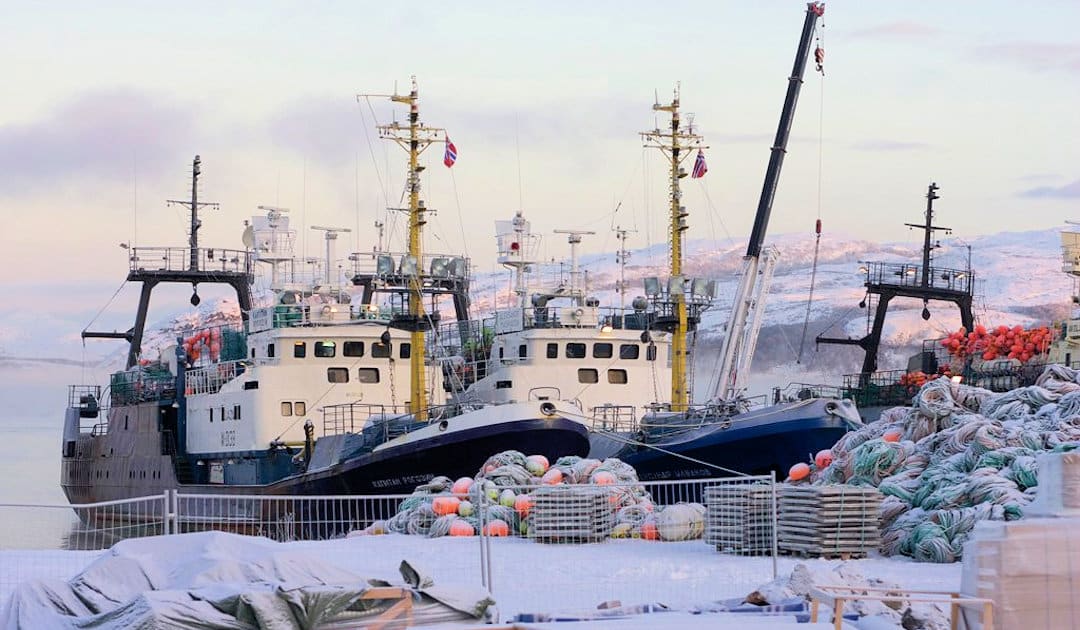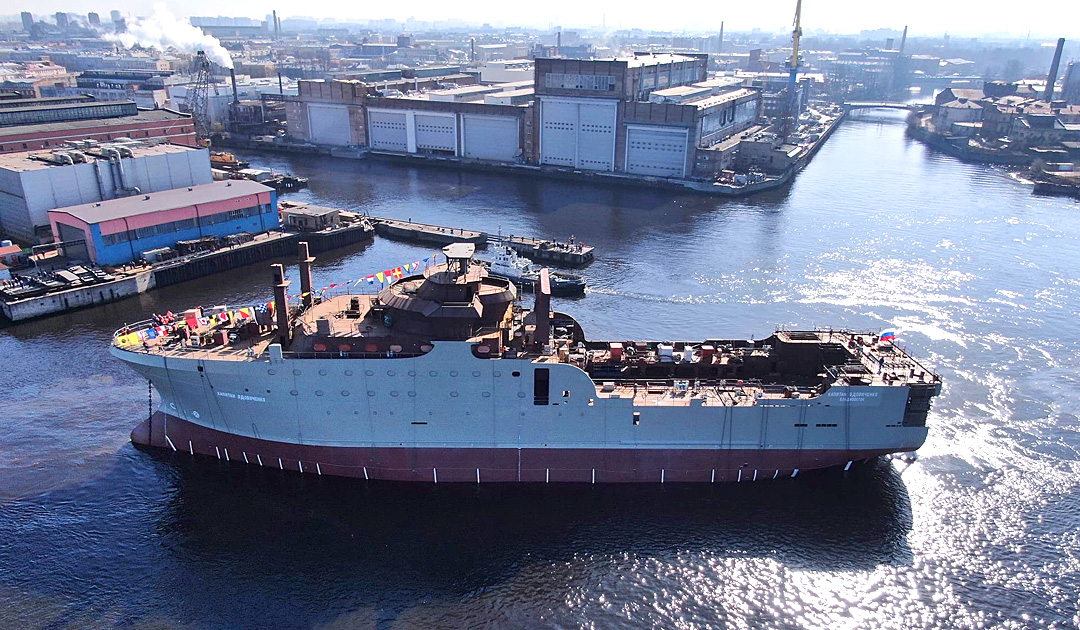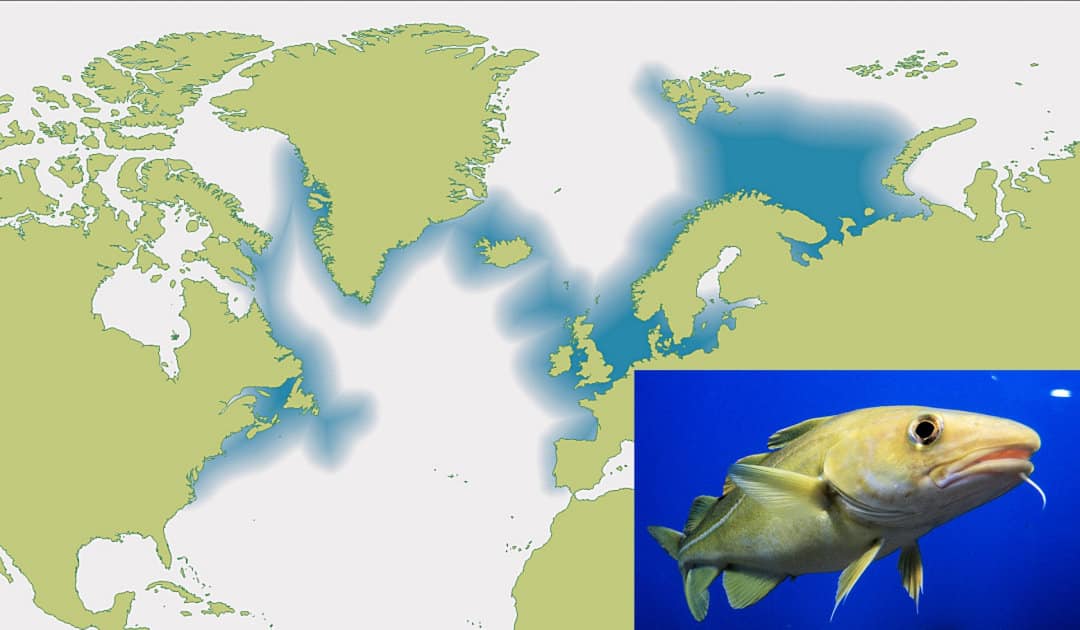
Fishing plays an enormously important role in the Arctic. On the one hand it is a source of food for many inhabitants there, on the other hand it is also one of the most important sources of income for various countries. This is because the demand for fish and other marine products continues to rise globally. Particularly important fishing areas are the Barents Sea and the Chukchi Sea. Here are commercially important fish species such as cod and pollack. However, in order to prevent the depletion of stocks in their territorial waters, Norway and Russia have set clear quotas and monitor their areas. But now two situations have arisen that could become conflicts and a political issue.
Firstly, Norway is angry about the fishing quotas set by the EU in the protected zone around Svalbard. This is because the EU has determined that around 29,000 tonnes of cod can be caught there, which is around 10,000 tonnes above the quota set by Norway, according to Norwegian media reports. With the decision, Brussels has once again challenged Norway’s sovereignty over fishing areas in the Arctic archipelago. The key point here is that the UK, among others, had fished for cod in the region as an EU member. However, now that the UK is no longer a member of the EU, its share of the quota, which was a considerable size, also falls away.
“Any fishing beyond the quotas set by Norway is considered illegal fishing.”
Odd Emil Ingebrigtsen, Minister for Fisheries, Norway
Norway’s Prime Minister Erna Solberg strongly criticised the EU’s decision and warned that any vessel fishing up there over the quota set by Norway will be confiscated and heavily fined. The Minister of Fisheries, Odd Emil Ingebrigtsen, also gives a clear warning in the direction of his EU counterpart Virginijus Sinkevičius: “Any fishing in excess of the quotas set by Norway will be considered illegal fishing and will be punished by the Coast Guard in the usual way,” Norwegian state television writes in its report.

The EU’s announcement was probably not intentional, but a mistake, Andreas Østhagen, an expert on security policy at The Arctic Institute and the Fridtjof Nansen Institute, tells Norwegian broadcaster NRK. “I think it’s a misunderstanding on the part of the EU bureaucracy, but it can have more far-reaching consequences than they assume. They don’t have a good hand in the case. Because they can’t give themselves their own quotas, like Norway. That is a breach of international law,” he explains. In his opinion, the EU should withdraw its announcement as soon as possible. Otherwise Norway could ban EU fishing vessels. It now remains to be seen how the EU will react to Norway’s threats.

In addition to the dark clouds in the western Barents Sea, the signs are also pointing to a storm in the east. For Russia has announced plans to strengthen its control over fishing and processing of fishery products and strengthen its domestic economy, as The Independent Barents Observerwrites. On the one hand, control of fishing is to be strengthened by requiring fishing vessels, including those built abroad, to be registered in Russia and to declare and pay duty on their catches in Russia. Failure to comply with this decree, which has already come into force at the end of December 2020, will result in the loss of the company’s fishing rights. At the same time, fishery products should be processed in Russia and no longer abroad. “Our resources must be processed on Russian territory. We need to create jobs, create an economic zone in Russia and not abroad,” Yuri Trutnev, the deputy prime minister in charge of the Russian Far East, said in a state media release.

The background to the announcement is on the one hand the fact that China, one of the largest importers of Russian fish, had stopped imports because allegedly Chinese workers had contracted the SARS-CoV-2 virus during the processing of the fish. This mid-December 2020 announcement by Chinese authorities left tens of thousands of tons of fish stuck on Russian ships. And fish is one of the most important trade goods for the Russian Far East. According to government data, about 70 percent of all Russian fish is caught in this region and nearly 60 percent of it is shipped to China for further processing, a huge economic amount. Another background to the announcement is the fact that Russian fishing companies can have up to 50 percent foreign ownership and vessels not registered in Russia can call at foreign ports for clearance and customs clearance. As a result, they escape state control and Russia loses millions. With the decree, which Prime Minister Minushin signed into law in December, fishing companies now have until January 1, 2022 to complete all necessary conversions and registrations.

But resistance is already forming, as the newspaper writes Kommersantfrom the fishing industry. Firstly, the transitional period for ship registration is to be extended by two years. On the other hand, Russian companies are warning that Russia is shooting itself in the foot with a planned law that would reduce the participation of foreign investors in Russian fishing companies to 25 percent and limit their right to a say. Because this would, according to Kommersant, “complicate the services of foreign transport ships to deliver catches to Russian ports and floating bases for production processing at sea.” In addition, there was a threat of trade barriers with foreign countries and massive cost increases for transports. Arctic fish is once again becoming a political issue, both externally and internally.
Dr Michael Wenger, PolarJournal
More on the subject:





